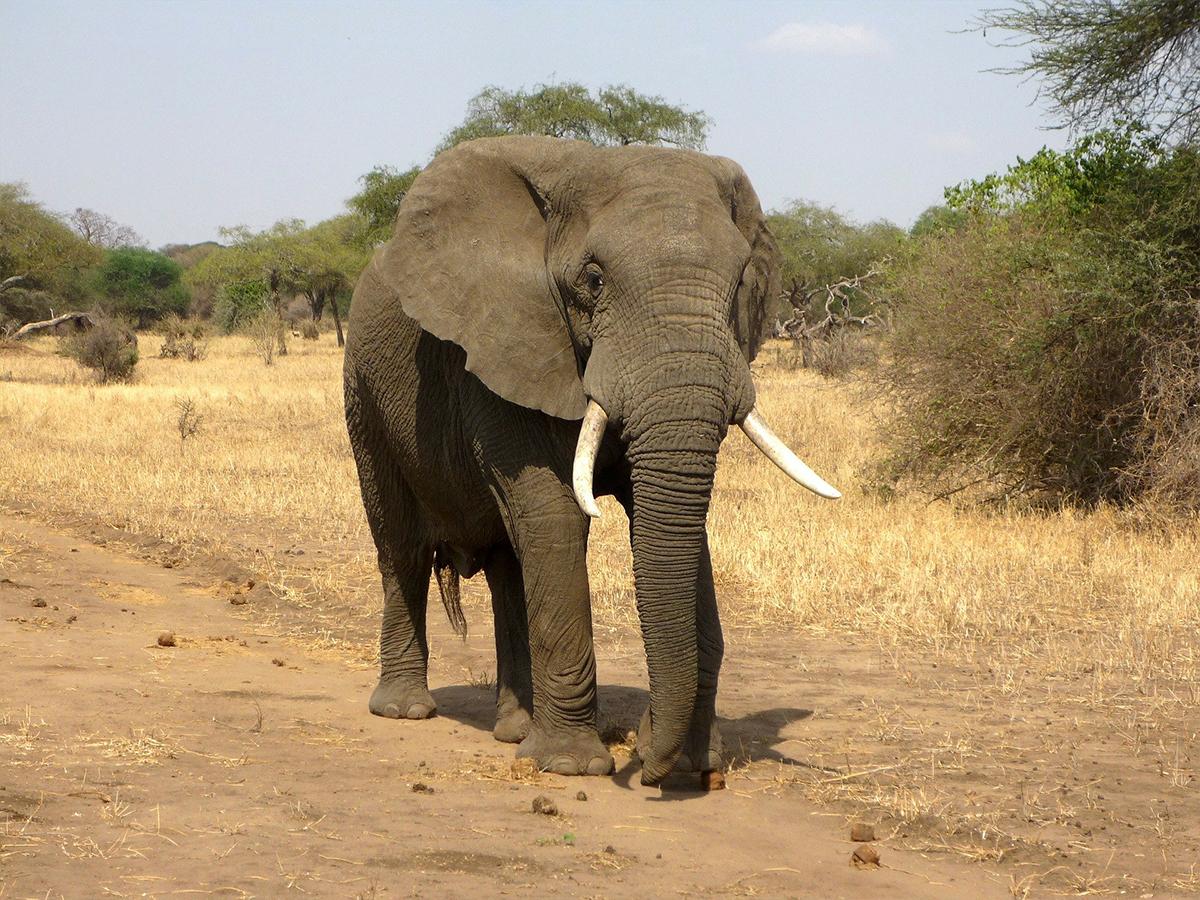New Research Reveals Societal Value of Male Elephants
For too long, older male elephants have been considered loners with little value to elephant societies by zoos. This reasoning has underpinned their abuse and exploitation in captivity, and has helped to justify killing them in the wild. However, a new study has upended this old and harmful notion, and shed more light on how valuable older males are beyond their intrinsic value as individuals.
Female and young elephants live together in herds of ten or more. Led by older female elephants known as matriarchs, these herds contain females of all ages along with young males. When the males become teenagers, they decide to strike out on their own and leave the herd.
It was long thought that males remain alone, having little contact with other elephants, and thus that they would bring essentially no value to elephant society. However, new research suggests that males, particularly older bulls, pass along critical social and cultural knowledge to younger males. All-male groups are often led by these older bulls, who appear to serve a similar function as matriarchs. They act as mentors, helping newly-independent young males navigate new, unfamiliar environments, and the oldest are most likely to lead group movements.
These new findings directly challenge the notion that it is okay to target males during trophy hunts, and successfully contradicts the falsehood that zoos often peddle as they move male elephants from facility to facility in order to invasively breed them.
Last year, the San Diego Zoo and Safari Park earned a spot on our 10 Worst Zoos for Elephants list when it broke up four young male elephants and one older male, sending them to different facilities. The young elephants were between nine and ten-years-old, which is far younger than males would leave their herds in the wild. Regardless of age, elephants do not leave their herds abruptly. Rather, this is a gradual process, and most importantly, it is done on their terms; they decide when they want to leave. In zoos, elephants aren’t allowed to make these important life-decisions; they are denied the ability to make any meaningful decisions about their own lives at all.
The zoo industry can no longer claim that it is acceptable to hold any elephant — even an older male — in solitary confinement in captivity. This new research indicates that males are critical for healthy elephant societies. Zoos are simply unable to meet these needs and should release all their elephant captives to accredited elephant sanctuaries.
Please help elephants by donating to support our work and by taking action on their behalf.


